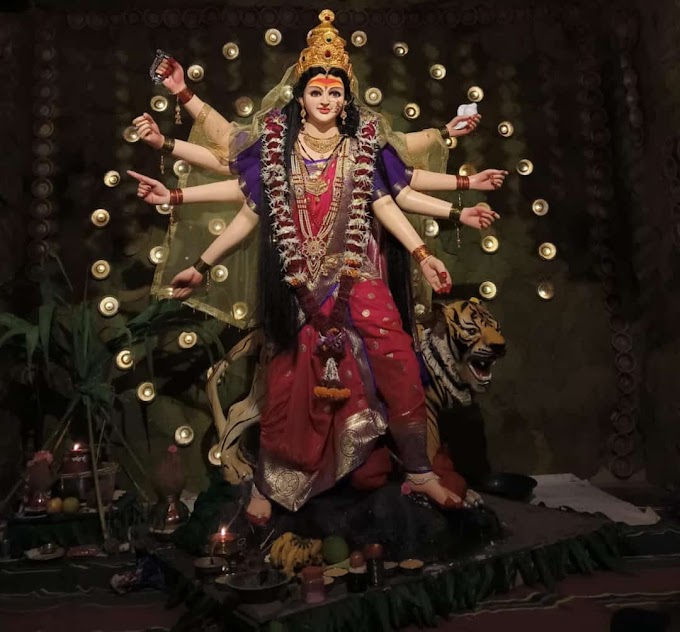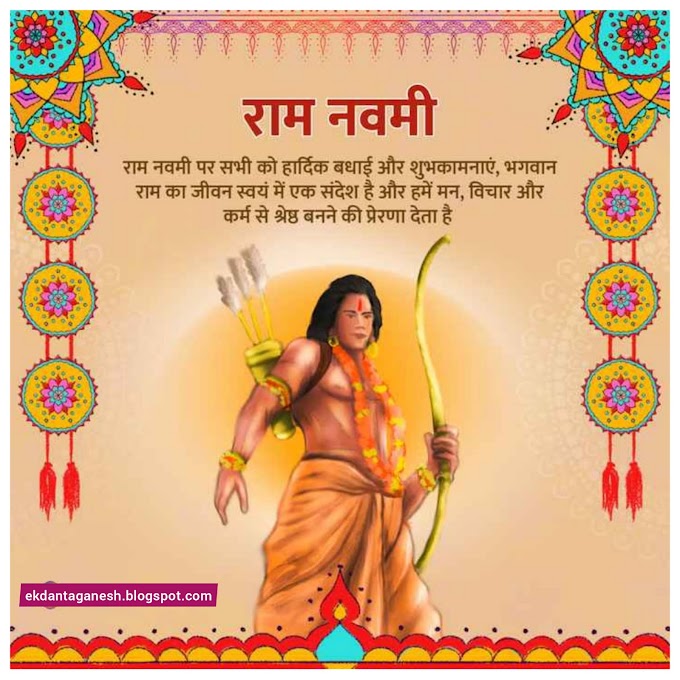1. Potatoes: Aloo Kadhi, Aloo Tikki, Aloo Khichdi ...and more
There is no bar on potato based dishes, provided it has no onion, garlic, ginger or turmeric. It is permitted to have sendha namak or rock salt during your vrat. You can have potatoes in form of a plain soothing curry also known as Aloo kadhi. You can also have aloo tikki, aloo pakoda, aloo khichdi, sweet potato chaat and aloo ka halwa too.
 Third party image reference
Third party image reference2. Non Cereal Dishes
Non cereal dishes made of sabudana (tapioca pearls), buckwheat or ragi are permitted during the vrat. Sabudana (tapioca) khichdi, sabudana pakora, sabudana vada, kuttu singhare ki puri are some popular dishes consumed by devotees across the world on this special day.3. Milk-Based Beverages And Desserts
It is said that Lord Shiva is very fond of milk. Each year Shiva devotees offer milk to the Shiva lingam. Milk is also consumed widely during the vrat. Both milk and milk based beverages make for popular picks during the vrat. You can have thandai, badaam doodh (almond milk) makhane ki kheer, sabudana kheer during fasting.
4. Pakodas and Vadas
For snacks, try aloo pakoda, raw banana vadas, singhada flour pakoda too. Make sure it is not made in spices that are not permissible to consume during fasting. As far as spices are concerned, experts say that one may use cumin or cumin powder, black pepper powder, green cardamom, cinnamon, ajwain, black peppercorn. You can add a dash of sendha namak for flavor.
5. Fruits and Dry Fruits
As mentioned earlier, devotees who can't observe the nirjala vrat, take a meal containing fruits, milk and water, called Phallar. 'Phal' means fruits in Hindi/Sanskrit. Fruit are an integral part of every puja or fasting and Sivaratri is no different. You can have fruit chaats, fruit salads and fruit milkshakes. In addition to fruits you can also munch on a wide variety of dry fruits. Almonds, walnuts, dates, cashews, raisins and dried apricots all make for good munching options.








